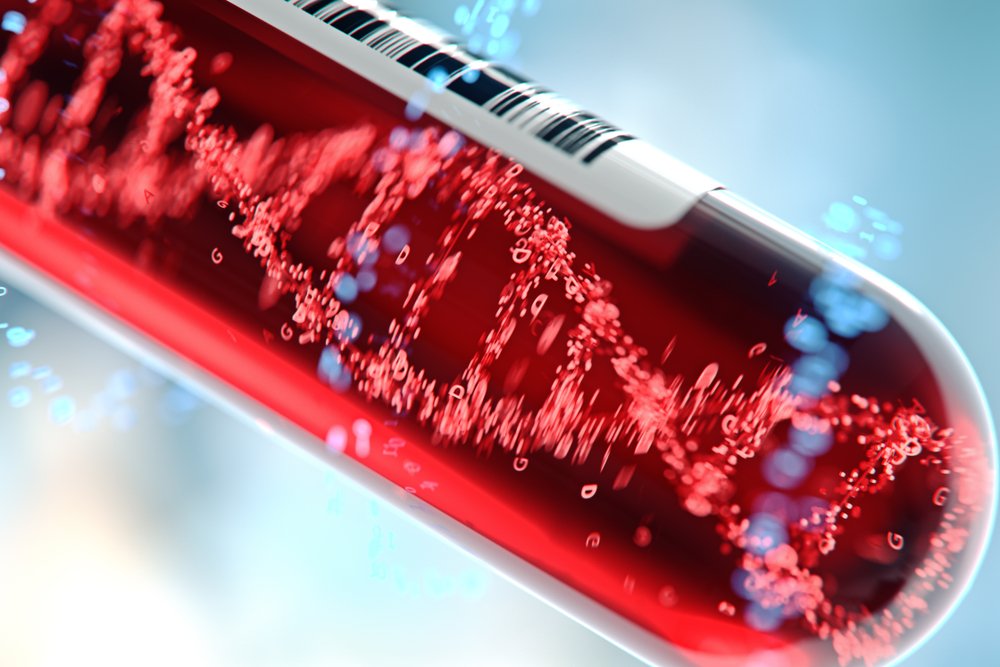
Enables Personalised Medicine,
Targeted Treatments,
and Expedient Clinical Actions
12 hours turnaround time.
Clinical Utility
CYP2C19 is a cytochrome P450 required in the biotransformation of drugs into active or inactive metabolites.
Common genetic variations in CYP2C19 lead to increased or reduced enzymatic function. Prescribing wrong drug doses can thus cause adverse reactions.
Pharmacogenomics (PGx) genotyping of CYP2C19 provides medical insights for drug use.
Common Genotyping Results and
CPIC® Therapeutic Recommendations
Note: All phenotype information extracted from CPIC® guidelines. Therapeutic recommendations from: Clinical Pharmacogenetics Implementation Consortium Guideline for CYP2C19 Genotype and Clopidogrel Therapy: 2022 Update.
^ Interpretive drug information is only available for certain genetic results.
Medication Insights information are extracted from CPIC® guidelines.
CYP2C19 Allele Frequency
Information extracted from the CPIC®.
Result Report
In-a-glance reporting of genotyping result with reported clinical consequences according to studies and published guidelines from the CPIC®.
Download examples of Result Report.
^Medical Insights and Therapeutic Recommendation information are extracted from CPIC® guidelines.
Test Performance
Acumen Diagnostics Test Validations
100% congruence in calling CYP2C19 diplotypes with SNP combinations of alleles *1, *2, *3, and *17, with 60 reference samples.
Clopidogrel pharmacogenetics of east, south and other Asian populations. Chan, 2012. European Heart Journal Supplements
Study: Higher prevalence of CYP2C19 loss-of-function polymorphisms in Singapore’s Chinese, Malay, and Indian populations
Major Asian ethnicities show poorer bioactivation of clopidogrel than do Caucasian populations.
Close to 47% of patients of Singapore-Chinese and Han-Chinese carry at least one *2 loss-of-function allele.
The homozygous *2/*2 genotype is associated with the highest level of on-treatment platelet reactivity and is present in 6% of Chinese, 9% of Malays, and 13% of Indians, as compared to 2-3% in Caucasians.
Full study literature here.







